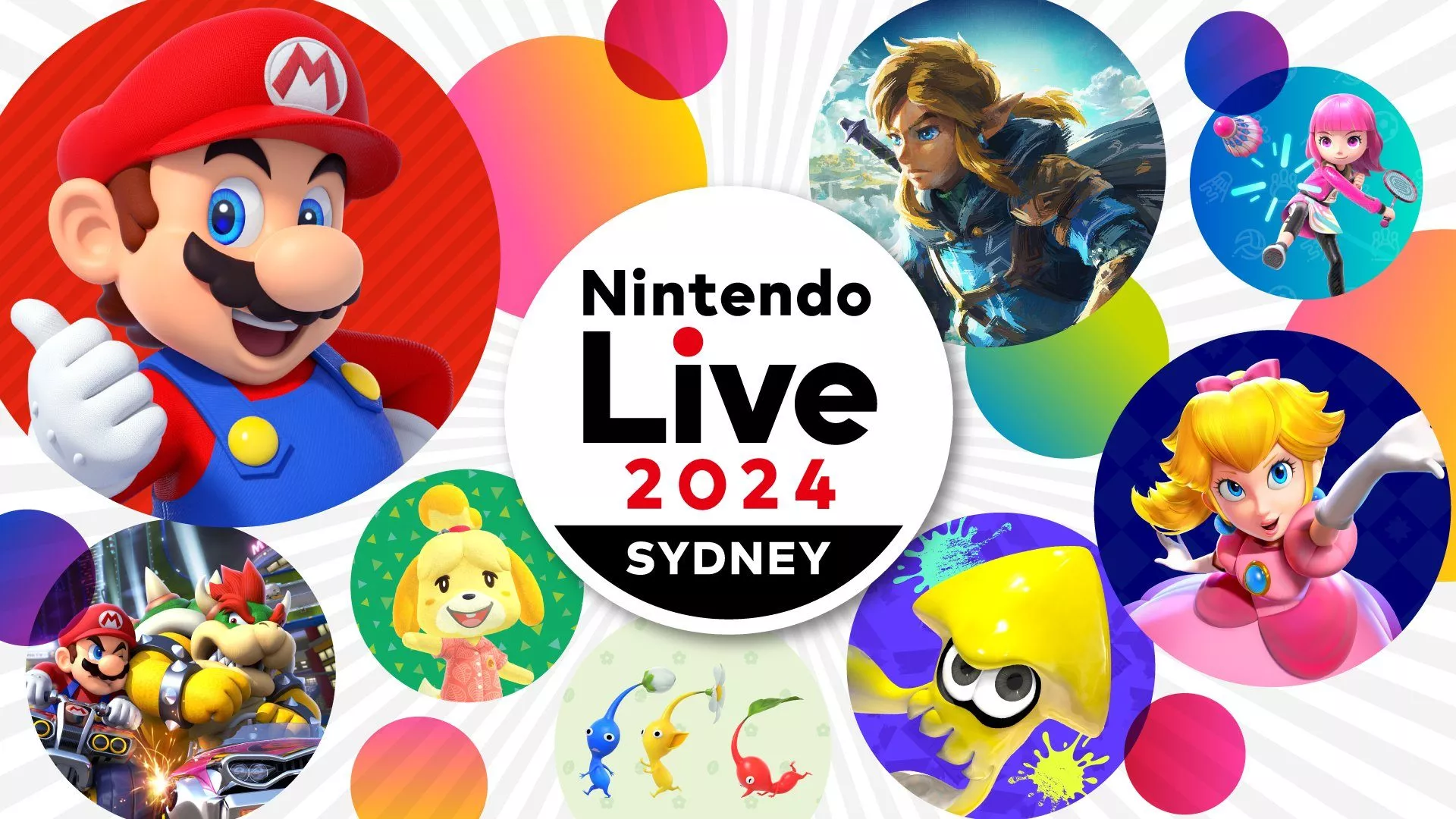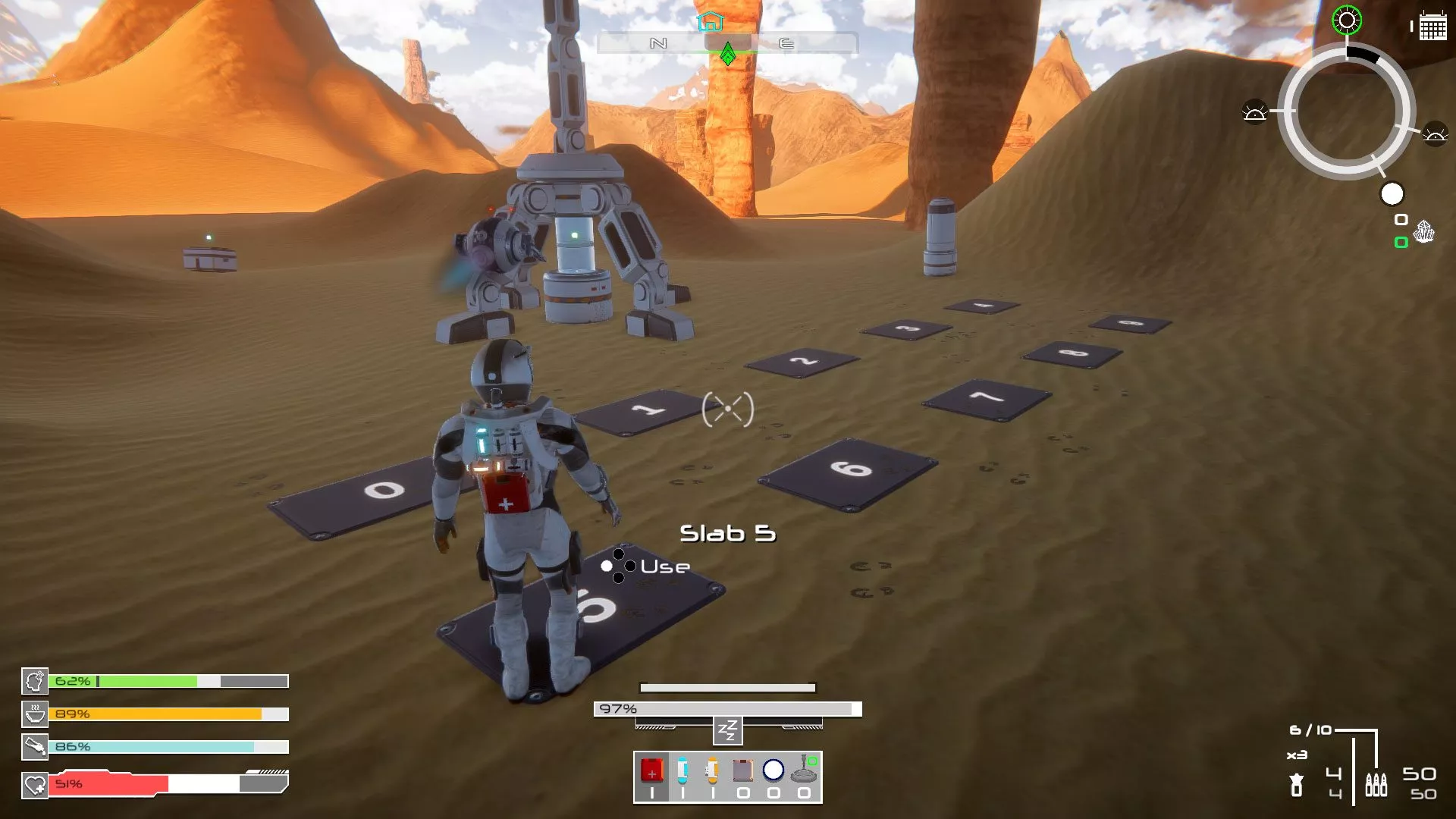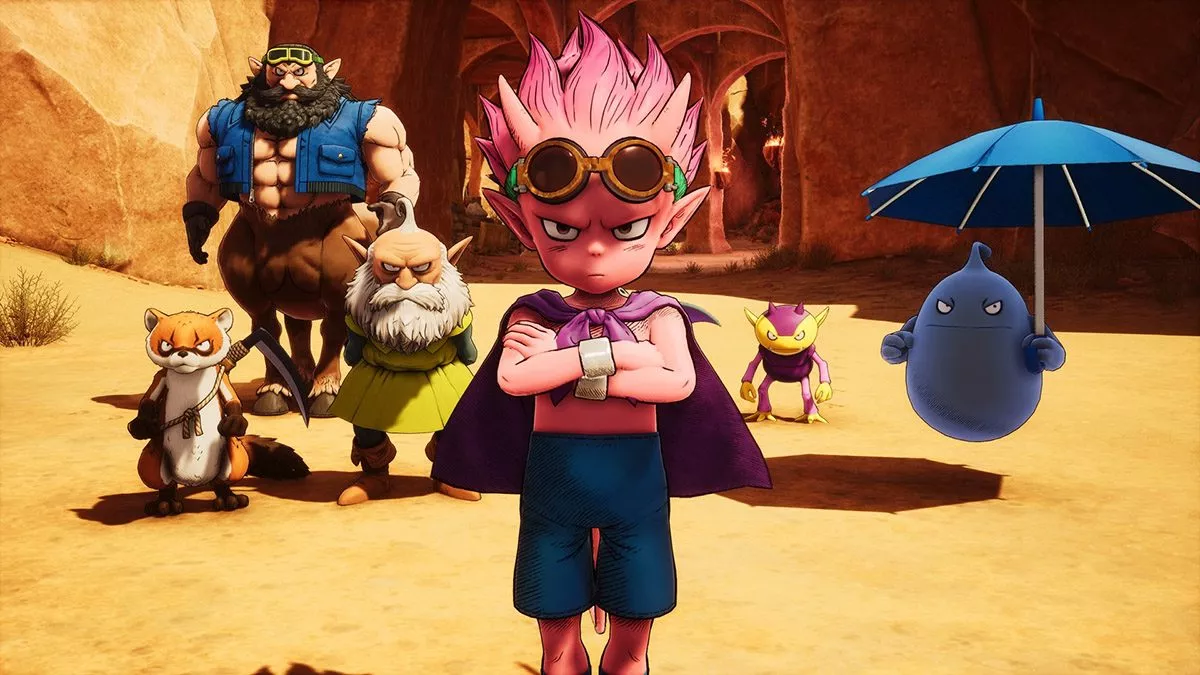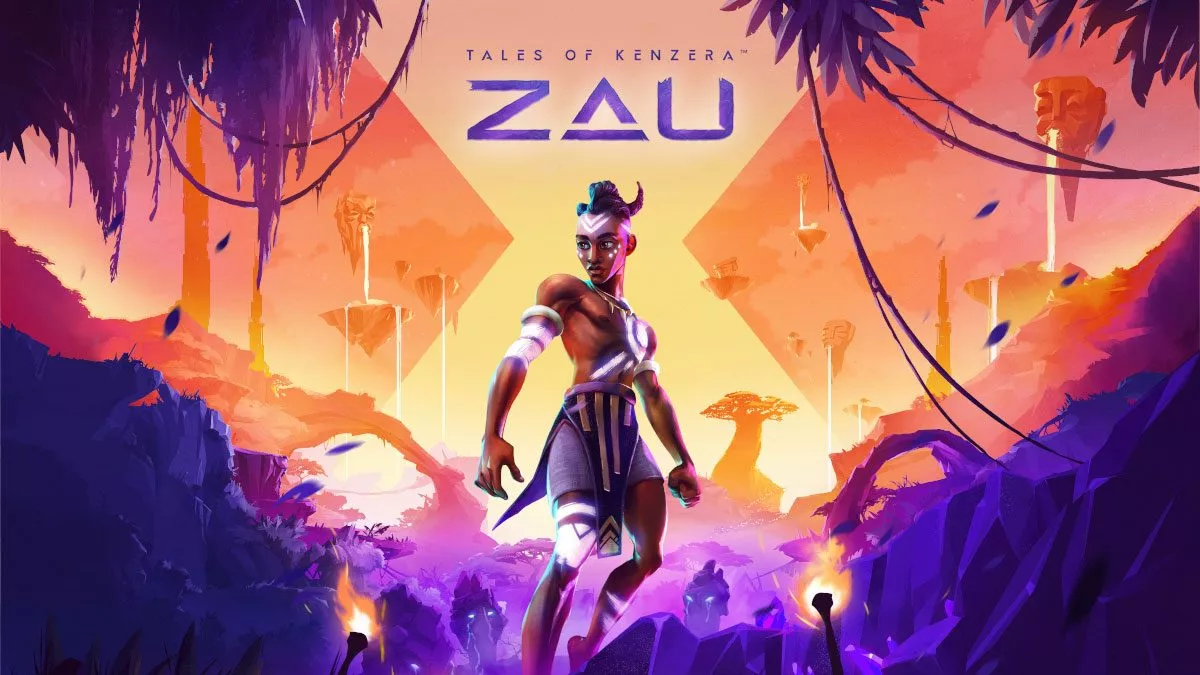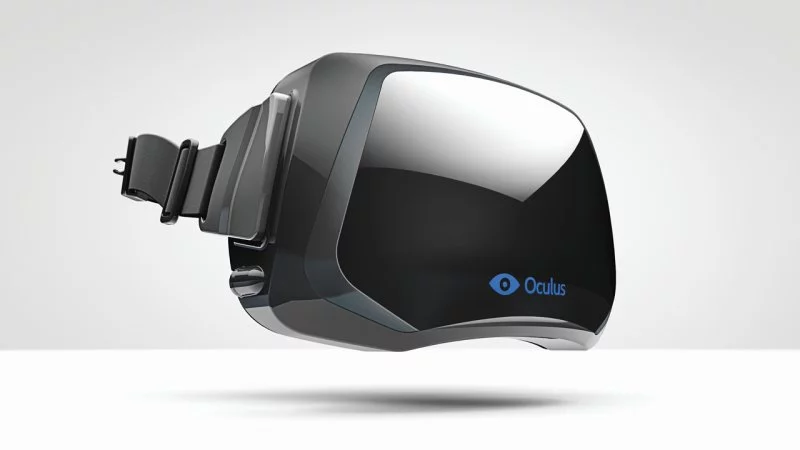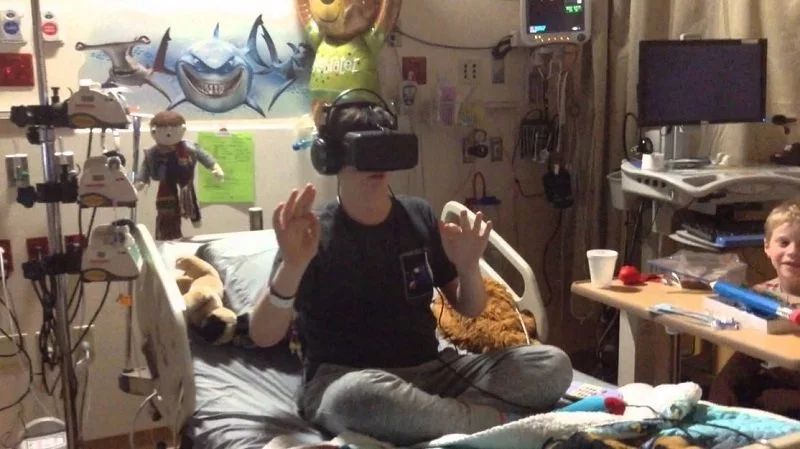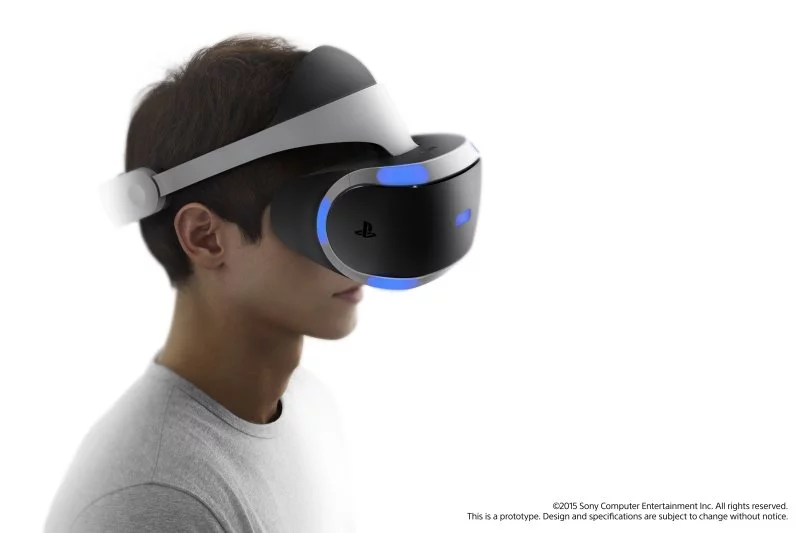Microsoft versus Sony, Battlefield versus Call of Duty and Forza versus Gran Turismo. These are some of the rivalries that can get people talking about console wars. “Game On or Game Over” is your place to get inside the minds of Nicholas and Andy as they seek to find the true meaning of gaming and tackle some of gaming’s most controversial subjects. Both are award winning authors – although the awards haven’t been mailed or created yet — but trust them. Would they lie to you?
Andy: Last week marked a pretty big moment in gaming history. I’m not sure if we will really know which side of the fence that moment will ultimately be on when the dust settles. Regardless of where this ends up falling on the grand scheme of things, it’s an exciting time to see that companies are still willing to push the envelope of what’s possible. I’m of course talking about the newly released Oculus Rift. There has been a lot of coverage on the Rift for the past several years, so when the release day got closer and closer there was a certain energy I was seeing on social media. It was like a bunch of little kids waiting for Christmas day.
For the most part what I have been reading has been largely positive. Most people seem to agree that it’s good, fun, engaging and offers something new. There do appear to be some rough around the edges type of things, but that’s to be expected with an undertaking like this I think. It’s already on back-order which is indicative of people wanting to have it even at its fairly steep price of $600USD.
The excitement for me though is I have always been an advocate for new experiences, and I have preached for developers/publishers to do something new. Give us new experiences and not the same old rehashed things that we see every year. There is no way to argue that virtual reality offers those experiences. Before we get too in-depth on this though I wanted to ask what you think. Putting logistics, gameplay, hardware cost aside for a moment is this the first step in the next generation of gaming that gamers should be excited for? If you ask for innovation you can’t get much more innovative can you?
Nicholas: I think you’re 100% right. When I think where gaming has been going over the past 20 years that I’ve been a gamer, the introduction and implementation of virtual reality is perhaps the biggest innovation and step forward since online multiplayer. Now I was going to say since motion-controls and cite the Wii, but to be honest, it’s technology that’s largely come and gone, whereas multiplayer continues to be a major part of modern gaming.
I might sound hypocritical with what I’m surely going to talk about later in this article, but it’s certainly an exciting time for gamers with Oculus now going into full commercial production, and with competitors like Sony announcing their own VR solutions for the PlayStation. You mentioned innovation, and this really is just that. We speak about immersion in our games, through great characters, gameplay and environments, but virtual reality will be the closest we’ll most likely ever get to feeling like we’re ‘in’ the game.
We’ve touched on VR in the past and I think you’re definitely going to be into it much more than I am, so I wanted to ask you, is this something you’ll be getting on board for? You’ve spoke about being a champion for innovation, what is it about the Oculus and VR that appeals to you the most?
Andy: I have been a champion for innovation and new ideas for a long time and like you said, this is a big one. I’m not sure what the next “big one” will be, but it will be hard pressed to beat this. I think you nailed the big draw of VR with the immersion factor. Seeing some of the demos, videos and reading articles it seems like the immersion factor is off the charts. If you couple that with the (currently in development) gaming vest that pulses for tactile feedback, I don’t think you could get any more immersed in a game. That combination is crazy when you think about it.
My answer to your question of if I’ll be getting on board for it or not may surprise you a little though. Sadly, I most likely will never play a game with a VR headset. Not because I don’t want to, or don’t think it would be an amazing experience, but because I don’t want to get sick. Now, the quick answer there would be, “well they’ve made huge improvements so people don’t get sick” and yes they have, and from Oculus’ own reports only 15% or less people get sick now and most of that is minor. Well, I can guarantee with 100% certainly if the motion sickness rate was only 1% I would be that 1%. Heck, there are games out now that make me motion sick. Portal, Mirror’s Edge, Scream Ride are a few of them. Fun fact, I literally puked all over my parent’s living room when I was a kid the first (and only) time I played a game called Gex.
While I won’t be in a position to play it myself, I think it’s a great innovation and will get people talking about the next ideas. For me what appeals to me most about VR though doesn’t even involve the gaming aspect. For me the gaming aspect is number two. Top on the list is how VR is helping people, even in its infancy. There have already been a couple TV news spots on how people are using VR setups in hospitals for patients that are bed ridden, for kids in cancer centres or people who are paralysed. They are able to “get out” of the hospital for a little bit, explore a jungle, swim under the ocean or any number of things. Gaming is a hobby, it always will be, but when I can see the real life application that can have that profound of an impact, that’s why I clamour so much for innovation.
By the sound of your above statement it sounds like you’re not fully on the VR bandwagon. Is there a reason why you aren’t as excited about it as many other people? With your love of racing games that seems like it would be a perfect marriage for you.
Nicholas: You’ve answered the question I was going to ask you, that if you’re not someone who is going to necessarily utilise these new innovations then why are you interested in it. I must admit, it wasn’t something I considered (VR being used to provide relief and assistance to more than just gamers) but now that you’ve explained it, I can completely see why something like virtual reality is so important. I remember you speaking about your issues with motion sickness when Syndicate was released last generation, so it’s a shame that it’s a hurdle that you’ll most likely come across with VR. Given that, would you ever purchase a headset just to try and see (pun intended), or are you going to pass on it entirely? If the price wasn’t as high, would that change your answer?
As far as me not being on the bandwagon, you’re right, but it’s only because I’m happy with keeping gaming traditional. Don’t get me wrong, it’s awesome to have VR and tactile feedback vests, but I’ve always been and am perfectly OK with playing games using a controller and just sitting on my chair in-front of my TV. Absolutely, racing games with VR is going to be incredible and I think that’ll be the reason why I decide to eventually purchase a headset, but those games aside, I don’t see the point in needing VR for anything else. Sure, playing an FPS game with VR would be cool, but would I want to do it each time, well, that’s what I’m not sure about.
On that point, there has been comments made by Sony that they’ll try to implement their VR product with all their games going forward. Looking ahead, do you see VR being integral to all games in the future, or will it have it’s use only with racers, shooters and other purpose-built games, like swimming or surgeon simulators? Is this even a direction you would want gaming to go down?
Andy: I’m reasonably certain that I’ll never buy a VR headset. For me there are a couple reasons; first and foremost the price of actual headset. The price of the Oculus Rift is $600 and the price of the PlayStation VR headset is $400. There is no news on how much the Microsoft version will be but for something that is, in my opinion a peripheral, I just can’t justify spending that amount of money on it. Two – I don’t see myself making that big of a purchase on a hope that I won’t be in that 15% and get sick, when all signs point to me not being able to play it for any length of time. Third – I don’t want VR to be a gimmick that they make work for every game. I don’t think I’d like to see every game be a VR game to be honest.
Then we fall into a Catch-22 type of situation. I don’t think every game should be a VR-compatible (much like every game shouldn’t have Kinect functionality), but at the same point, people will say if there aren’t many games for it then there is no reason to get it. I think there are some genres that are perfect for a VR set up- racing games and FPS are right at the top of that list. Horror games would probably do pretty well too, but by no means should every game have VR support. Think of the cost for developers to implemet it in every title. It’s just not reasonable to expect that I don’t believe.
We have naturally moved into some of the negatives, or at least drawbacks of VR. Curious what your thoughts are on it though. We both know that early adopters of any type of electronic hardware pay a premium for that early access. Sure it can be fun to be in the first wave, but you also have to deal with all the negatives. Lack of games, bugs, glitches, high cost etc. Then you start moving into the territory of if it takes too long for consumers to grab onto it, it gets less and less attention development-wise. What do you see as the drawbacks to going full on VR? Do you think VR will ever be fully embraced by gamers or will it be a mere curiosity that gains some traction in the market but never really blows up big like some people think it will?
Nicholas: The price point barrier that you’ve describing is something I agree with you on, and it’s an issue I’d believe is shared by a lot of gamers out there. Granted peripherals aren’t cheap to begin with (the Elite controller costs $200AUD and even a standard controller costs almost half that), but when the cost of just a headset costs the same as the console you’ll be using it with, yeah, it’s difficult not to see why the adoption rates by the gaming community might not be so high. Especially if you don’t think each game will utilise it, and if racers and FPS aren’t your thing, then it’s a whole lot for a piece of tech that might potentially end up as another dust collector.
You talking about the fact that every game shouldn’t have VR-integration is also a solid point, and it’s one I agree with too. Grand Theft Auto V introduced first-person gameplay and that was fantastic, but it wasn’t something I would want to play the entire game with. In much the same way, if most titles (racers included) featured VR integration, I’d probably give it a crack every once in a while, but I’d eventually just not want to wear a pair of goggles on my face every time I turned my Xbox One on.
So, to answer your question, and it’s what I’d like to get your opinion on as well, I’m just not sure at this stage if VR will truly take off like people are expecting it to. I can’t help but think of VR like motion controls and the Kinect, granted a much more cooler innovation to gaming. Yes, motion controls are a neat new addition and I love being able to walk into my room, say “Xbox on” and have the console and TV start up without me pressing a button, but it’s a gimmick at the end of the day and hardly a revolution in how I play games. With VR, even if the headset drops in price, which I fully expect it to in a number of years, I still think it’ll be a novelty at least for quite a while – just something that we might own, but don’t always use.
Gaming has been a simple set-up of a console, a controller and a television for so long now, and while peripherals have come in, some stayed, some gone, it always goes back to that, and with VR, I kind of expect that to be the case too. Sure, it might not disappear into the history books as a failed marketing attempt like the Virtual Boy was, but right now, I’m not seeing it be an item that we’ll (want to) use every time we fire up our console. This makes me think though, do you think VR needs to be adopted by perhaps Hollywood before it becomes truly a household accessory in everyone’s living rooms? In that, for VR to be properly embraced, does it need to have more consumer functionality that just gaming?
Andy: I think your thinking is a little backwards here actually. Let me explain, I don’t see a big application here for Hollywood. What I foresee happening is this. The gaming industry will make some pretty big strides, they will made the technology smaller, lighter, cheaper and work out a lot of the kinks in applications and tech. Yet, because of the things we have already talked about VR won’t ever really get a huge install base with gamers. Don’t get me wrong, I think it will sell reasonably well, but I just don’t see the big mainstream push to get the buy-in from developers and gamers alike.
With those improvements that the game industry makes the true power and usefulness of VR will be harnessed by other sectors. I’ve already talked about how VR is being used with those who are sick or disabled, but that’s just the start. I think you’ll see it used not only to help the sick, but to train those who care for them. Think about the possibilities of doing virtual surgery. We talked about racing games, but think of the possibilities of training say delivery drivers, cab drives, over the road truck drivers or other similar occupations. Then you have the military/police aspect as well. Say the military is planning a raid on a compound, if they have a good blueprint of the layout, load it up, plan routes, etc. Those are just the ideas off the top of my head I’m sure there are several, and probably better, ideas on how other sectors besides gaming can use VR technology to enhance how they do things.
So, while I think VR will have an interesting impact on the game industry, I think the true magic of VR will felt by other industries as well. Think about it, how amazing are the possibilities outside of gaming that VR could potentially accomplish? Moreover, it would be a great nice twist to have the game industry lead the way for once and not be looked down upon by those who aren’t gamers as it being just a waste of time? I think VR is exciting and an amazing innovation just not for the reasons most people seem to think. What about you though, as we close out another week here do you think I’m off base with what I said? Do you see things differently than I do?
Nicholas: I certainly agree that the usefulness of VR will extend beyond gaming, but what I’m not sure about is whether the gaming industry is going to be the ones behind that push. Your military example is one that I’ve heard about before, where armies use simulations to train their soldiers before heading into combat. Similarly, racing companies (especially Formula One teams) will use simulators (and VR) for their drivers to practice before an event or during the off-season. My question is, whenever these non-gaming companies use simulators, were they developed by gaming companies/using games developed by the gaming industry, or were they built in-house. That is what I’m wondering about.
I’m just not sure that gaming companies like Oculus or Sony would be investing so heavily into new technology like this unless there would be a real use for these products with what they’re currently offering. Oculus is obviously different, but I don’t know why Sony would be focusing on VR if there weren’t plans to integrate it with the PlayStation. Same with Microsoft and their Xbox console.
Right now, and perhaps this is based purely off my own preference for VR, I can’t see it sweeping the gaming industry and becoming a staple household peripheral. Sure, it might turn out like the Kinect and we’ll all have one, but whether we’ll all use it, and whether it’ll be truly integrated with all our games, that’s what I’m yet to be convinced of. Irrespective though, I’m still keen to see how it works out in the years ahead. Perhaps I’ll jump on the bandwagon too, but I think I’m going to wait for that price drop first.
Tune in next time for the next instalment of Game On or Game Over. If you have any ideas for our next article, feel free to contact Andy or Nicholas on Twitter.
This article may contain affiliate links, meaning we could earn a small commission if you click-through and make a purchase. Stevivor is an independent outlet and our journalism is in no way influenced by any advertiser or commercial initiative.



